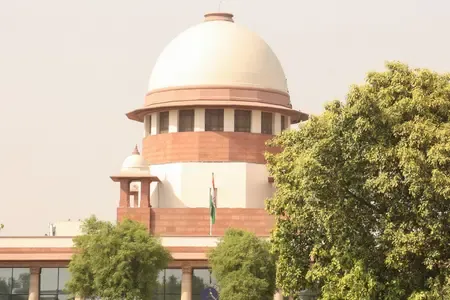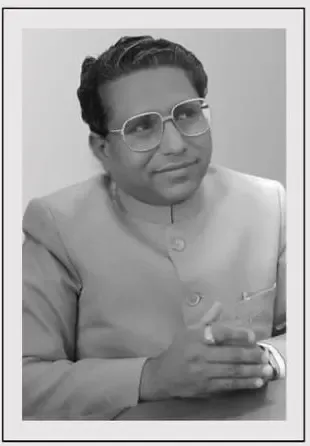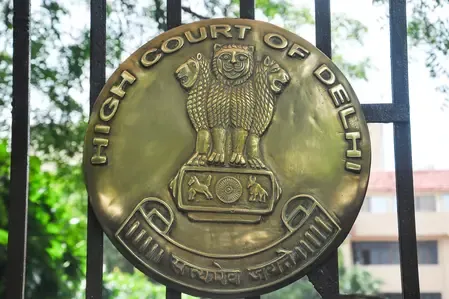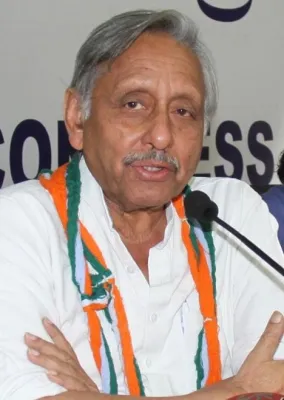Can an Adverse Possession Plea Be Raised at the Appeal Stage? SC Weighs In

Synopsis
Key Takeaways
- The Supreme Court upheld the Jharkhand High Court's ruling against adverse possession claims introduced during appeal.
- Pleadings must clearly articulate the basis for adverse possession.
- Claims raised at the appeal stage are deemed inadmissible.
- This ruling reinforces fair legal practices in civil disputes.
- Proper legal representation is crucial in property rights cases.
New Delhi, Aug 12 (NationPress) The Supreme Court has reaffirmed a decision made by the Jharkhand High Court, which annulled a ruling by a lower appellate court that had granted ownership rights based on adverse possession in a civil dispute.
A panel of Justices J.B. Pardiwala and R. Mahadevan agreed with the Jharkhand High Court that the first appellate court overstepped its jurisdiction by introducing and resolving an adverse possession claim that was not initially part of the lawsuit.
Justice Pardiwala stated, “It is a well-established legal principle that the basis for an adverse possession claim must be clearly articulated in the pleadings, followed by the framing and trial of an issue. A claim that was not adequately raised during the trial phase cannot be introduced for the first time at the first appeal stage under Section 96 of the Code of Civil Procedure (CPC).
The civil suit originated in 1999, aiming to annul a sale deed from 1997 that was executed in favor of the defendants, labeling it as “bogus” and “inoperative,” along with requests for possession and a permanent injunction.
The trial court dismissed the suit in August 2018, finding no evidence of fraud or misrepresentation regarding the execution of the sale deed. Upon appeal, the Deoghar District Judge ruled in favor of the plaintiffs concerning a specific property, asserting that they had established title through adverse possession since the defendants had failed to reclaim possession since 2000.
The defendants contested this decision before the Jharkhand High Court, which concluded that there was no foundational pleading of adverse possession, stating that such a claim cannot arise during the ongoing suit.
“There is no principle of perfecting title by adverse possession while the suit is pending between the parties. Adverse possession cannot be granted on a title that has not been pleaded,” noted the Jharkhand High Court.
In agreement, the Supreme Court emphasized that an adverse possession plea is fact-dependent and should be explicitly mentioned in the plaint.
“It is essential to recognize that the fundamental rule of pleadings is that a party can only prevail based on what they have claimed and proven; otherwise, under the principle of secundum allegata et probata, a party cannot succeed if they have not established the case they wish to support,” remarked the Justice Pardiwala-led panel.
The court also reinforced the notion that “the resolution of a case cannot be grounded on arguments outside the parties’ pleadings, and it is the case presented that must be determined.”
The apex court, upholding both the trial court’s and the Jharkhand High Court’s decisions, stated: “Unless the adverse possession claim has been specifically raised in the pleadings, put into issue, and supported by credible and compelling evidence… the adverse possession plea cannot be unexpectedly thrust upon an unsuspecting defendant at the appeal stage.”









